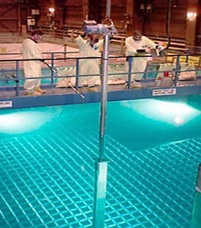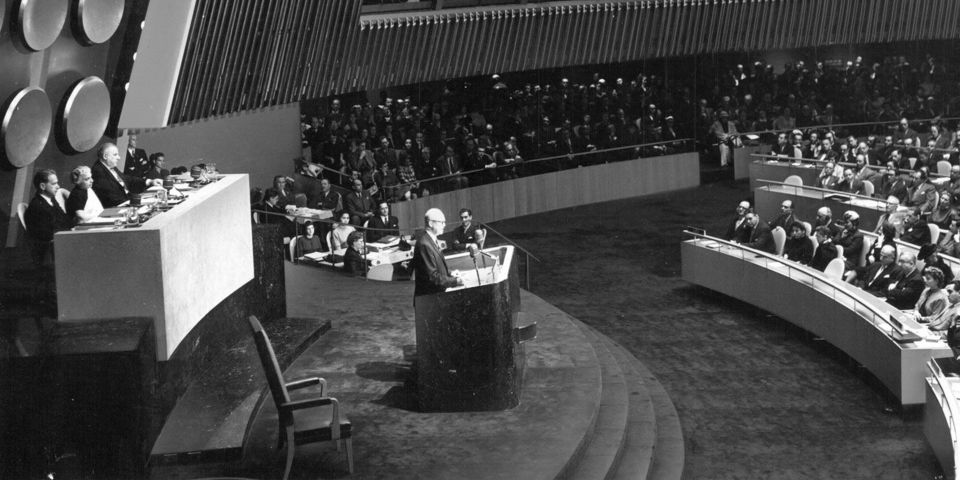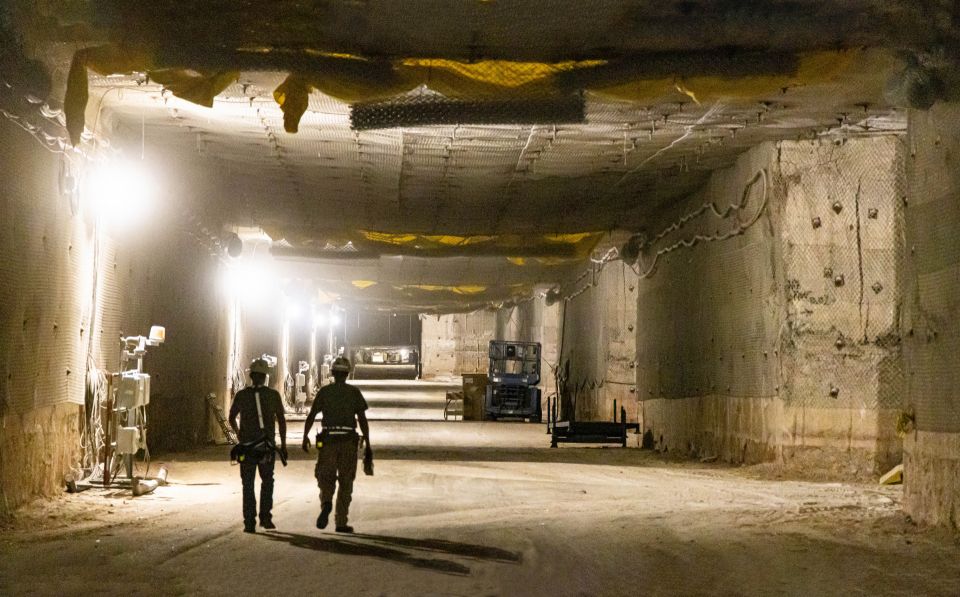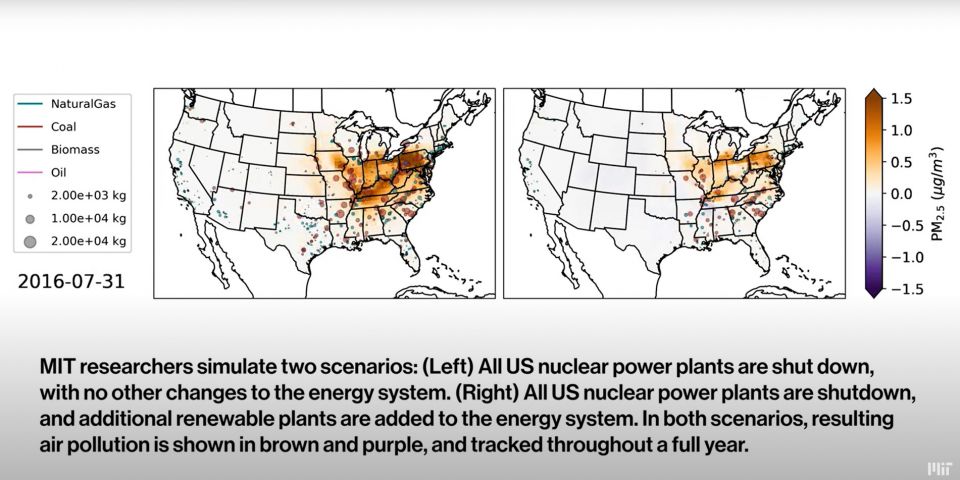An Ethos of Nuclear Reactor Safety
The commercial nuclear power industry has a remarkable safety record despite lingering images from the accidents at Three Mile Island and Fukushima Daiichi. This record is the legacy of a community of nuclear power plant designers, operators, and regulators who, though imperfect, were committed to the safety of the commercial nuclear power enterprise.
The generation of experts who designed and built our current commercial nuclear fleet is no more. The generation of experts who "cut their teeth" in the post-TMI era is now retired or nearing retirement. Thus the mantle of nuclear safety guardianship is now passing to a new generation who will carry the responsibility of ensuring the safety of future nuclear power plant designs and of the future commercial nuclear fleet.
What has history taught us about the way a nuclear safety expert should approach his or her profession? It is the author's view that the appropriate Ethos of Nuclear Reactor Safety (the fundamental guiding beliefs and values of a reactor safety professional) incorporates five fundamental ideals:
- An acute sense of one's responsibility to society. Nuclear power is the only energy technology available today with a realistic potential to supply abundant electricity to billions of people around the world who are living with little or no access to it. Nuclear power is also one of the few technologies that, if implemented poorly, has the potential to prevent our neighbors from ever returning to their communities and homes. These two realities should provide strong motivation to those who aspire to be reactor safety professionals.
- A chronic sense of uneasiness. The reactor safety professional must have a persistent questioning attitude regarding what we know, what we know that we don't know, and what we don't know that we don't know (the so-called "known unknowns" and the "unknown unknowns").
- A zeal for fundamental understanding. The reactor safety professional must have a passion for, and the skills to, integrate experimental data, simulation and analysis, and operational experience to arrive at a science-based understanding of the facts.
- A willingness to challenge the status quo and the establishment. The reactor safety professional must possess the "courage of their convictions"-and be willing to challenge the status quo and the establishment (both industrial and regulatory) when instinct and understanding compel action.
- A scientific and technical humility. A reactor safety professional must have a "healthy respect" for the limits of our knowledge and the wisdom to operate within these limits. He or she must be unafraid to ask and answer the question, "What if I am wrong?"
This posting is an excerpt from a paper entitled "The Canary, The Ostrich, and The Black Swan: An Historical Perspective On Our Understanding of BWR Severe Accidents and Their Mitigation," to be published in a May 2014 special edition of the ANS journal Nuclear Technology that will focus on Fukushima lessons learned.
___________________
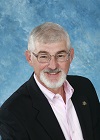 Prior to founding Advanced Technology Insights, LLC in 2012, Greene spent over 30 years at Oak Ridge National Laboratory. There he served as director of Nuclear Technology Programs and director of Research Reactors Development. He is an expert in boiling water reactor severe accident phenomenology and mitigation. He offers his perspectives on energy, society, and the environment at his blog Sustainable Energy Today.
Prior to founding Advanced Technology Insights, LLC in 2012, Greene spent over 30 years at Oak Ridge National Laboratory. There he served as director of Nuclear Technology Programs and director of Research Reactors Development. He is an expert in boiling water reactor severe accident phenomenology and mitigation. He offers his perspectives on energy, society, and the environment at his blog Sustainable Energy Today.


